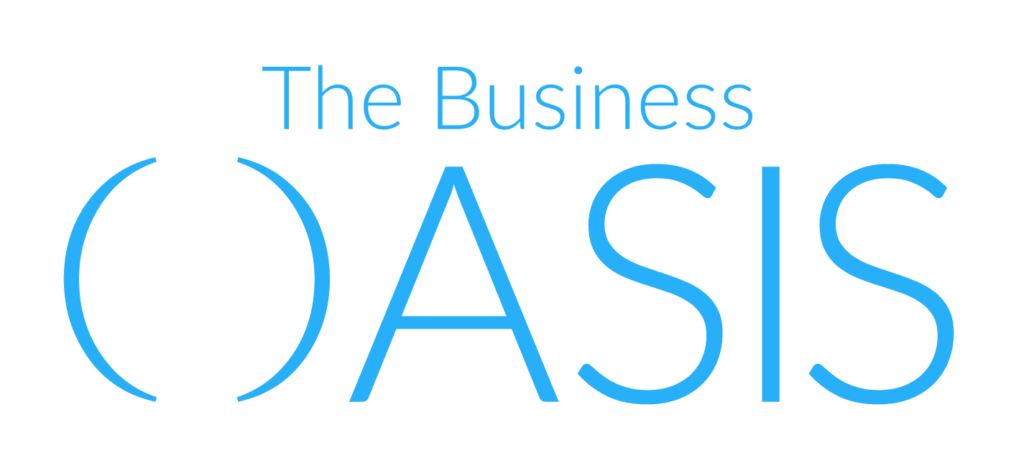MYOB and Xero: Pros and Cons in Outsourced Bookkeeping
For numerous businesses, outsourcing bookkeeping is a smart strategic decision, but selecting the appropriate software—MYOB or Xero—can have a big impact. This article tries to make your decision-making process easier and more informed by assisting you in understanding how each platform meets the needs of outsourced bookkeeping.
MYOB in the Outsourced Bookkeeping Context
Advantages of MYOB:
1. Advanced Payroll Features
MYOB’s advanced payroll system, which is available in some plans, streamlines complicated payroll procedures, making it the perfect choice for companies with a large workforce.
2. Detailed Inventory Management
MYOB’s integrated system provides significant inventory management tools for firms with high demand for inventory.
3. Diverse Mobile Functionality
The extensive feature set of the mobile app, which includes scanning receipts and invoicing, is particularly helpful for bookkeepers who manage responsibilities remotely.
4. Efficient Invoicing and Quotes
MYOB is a great option for companies that prioritise sales because it’s simple to create and manage personalised quotes and invoices.
Challenges with MYOB:
1. Limited Integration Options
The limited scope of third-party interfaces may limit the adaptability of the software to accommodate distinct bookkeeping needs.
2. Complexity for Beginners
The extensive capabilities and interface of MYOB may initially be a little confusing for new users to manage.
3. Desktop vs. Cloud Accessibility
Some functions may only be available in the desktop or cloud version, which could restrict the bookkeepers who work for other companies’ access.
Xero in the Context of Outsourced Bookkeeping
Advantages of Xero:
1. User-Friendly Experience
For individuals who are unfamiliar with accounting software, Xero’s user-friendly design offers a more seamless learning experience.
2. Extensive App Ecosystem
Xero provides outsourced bookkeepers with a wide range of customisation possibilities to suit various business demands, thanks to its extensive assortment of third-party apps.
3. Robust Reporting Tools
Multi-user customisable reports that can be run in parallel offer comprehensive financial information.
4. Comprehensive Bank Connectivity
Unlimited bank connections make financial administration and reconciliation easier.
Challenges of Xero:
1. Payroll Limitations
Because of its workforce cap, Xero’s payroll services might not be as appropriate for larger firms as those of MYOB.
2. Reliance on Add-ons
Although necessities are covered by basic plans, relying on add-ons for more complicated needs may result in higher prices.
3. Scalability Costs
As your company expands, you might need more features, which could increase your Xero costs.
MYOB and Xero, which is Right for Your Business?
Between MYOB and Xero, the choice you make for your outsourced bookkeeping depends on your unique business needs. Take into account variables such as the size of the workforce, the complexity of the inventory, and the desired level of software customisation. While Xero is praised for its numerous integration options and user-friendly approach, MYOB excels in managing large-scale payroll and inventory.
Remember, assessing your present bookkeeping needs and future expansion goals is the best method to choose which software is appropriate for your company. The distinct advantages that each platform offers can greatly improve the efficacy and efficiency of your outsourced bookkeeping services.
Using the appropriate software to embrace outsourced bookkeeping is a step toward more efficient financial management. The comprehensive capabilities of MYOB or the adaptable environment of Xero—whichever you choose—will have a significant impact on how your company manages its most important financial operations. After taking into account the unique requirements and growth trajectory of your company, you should be well-equipped to make an informed choice.

